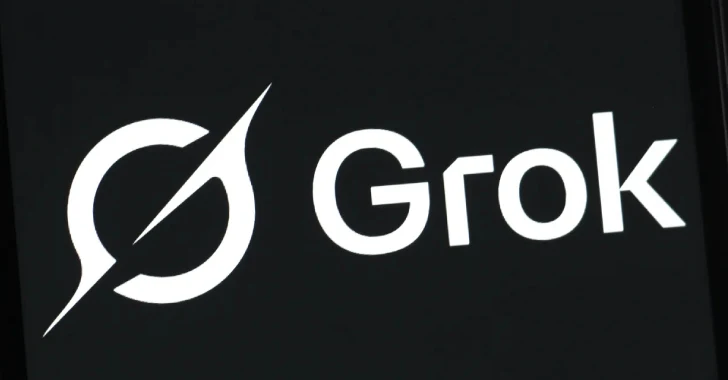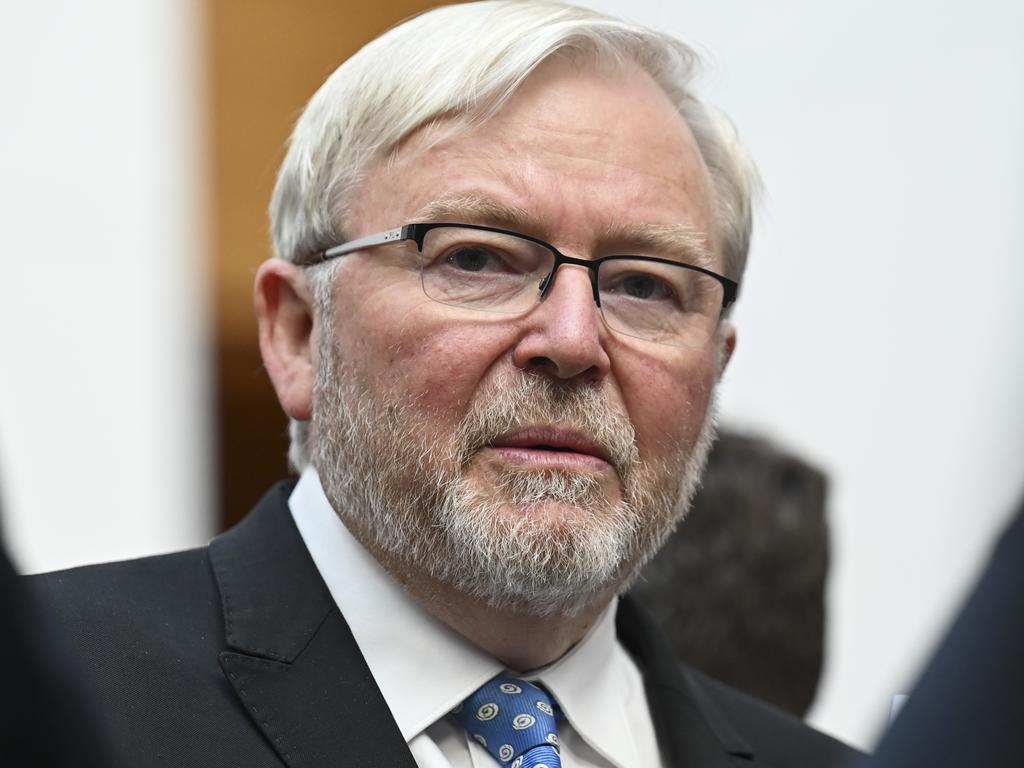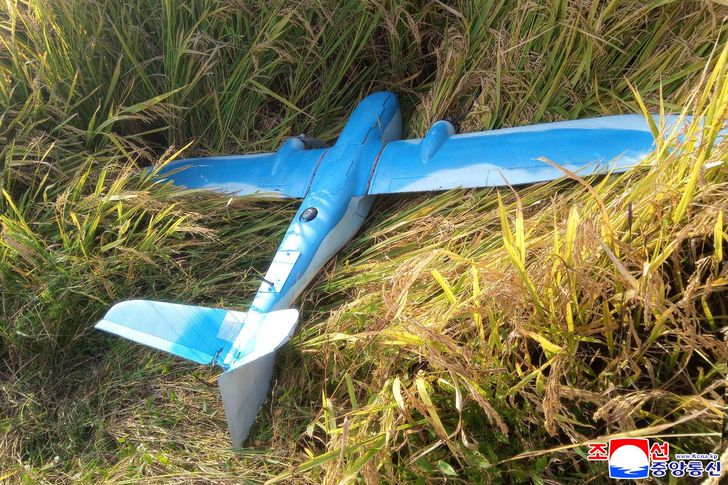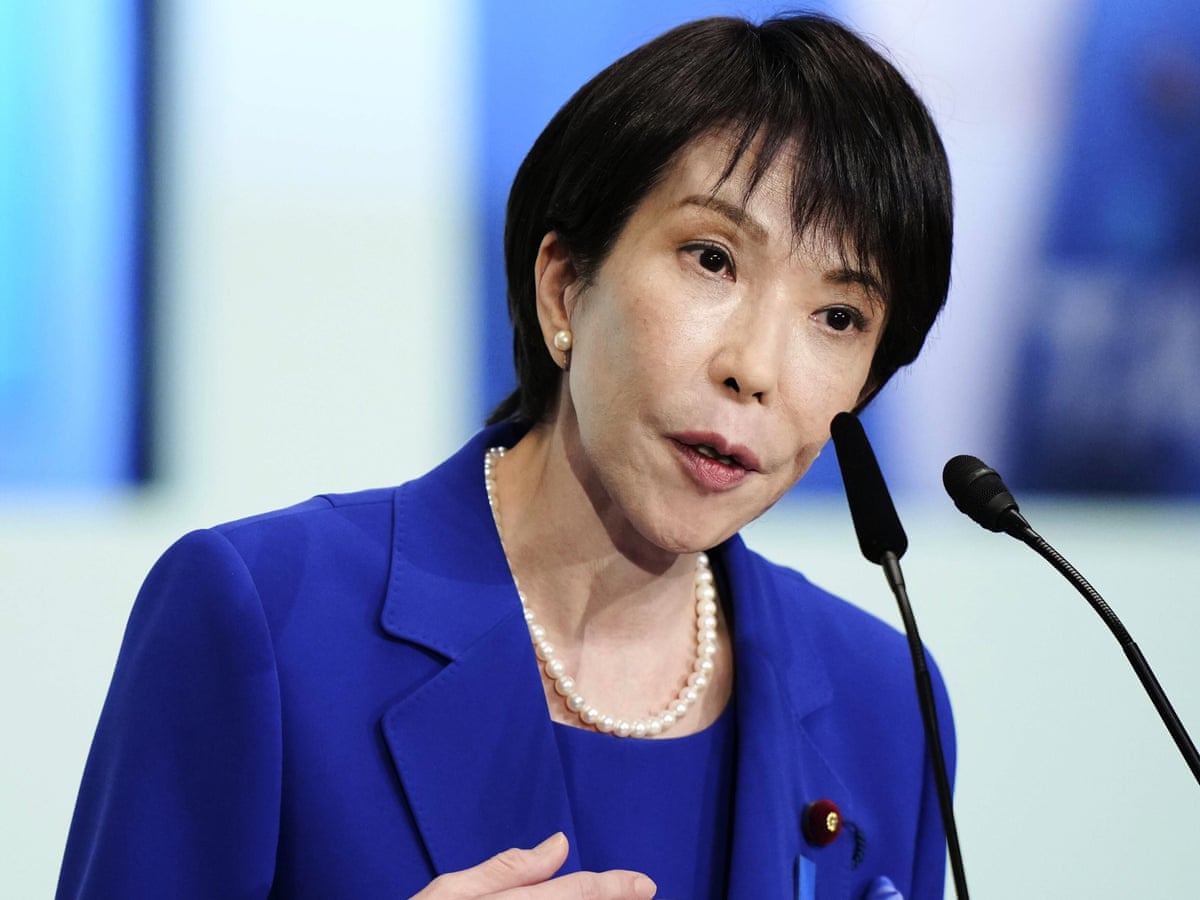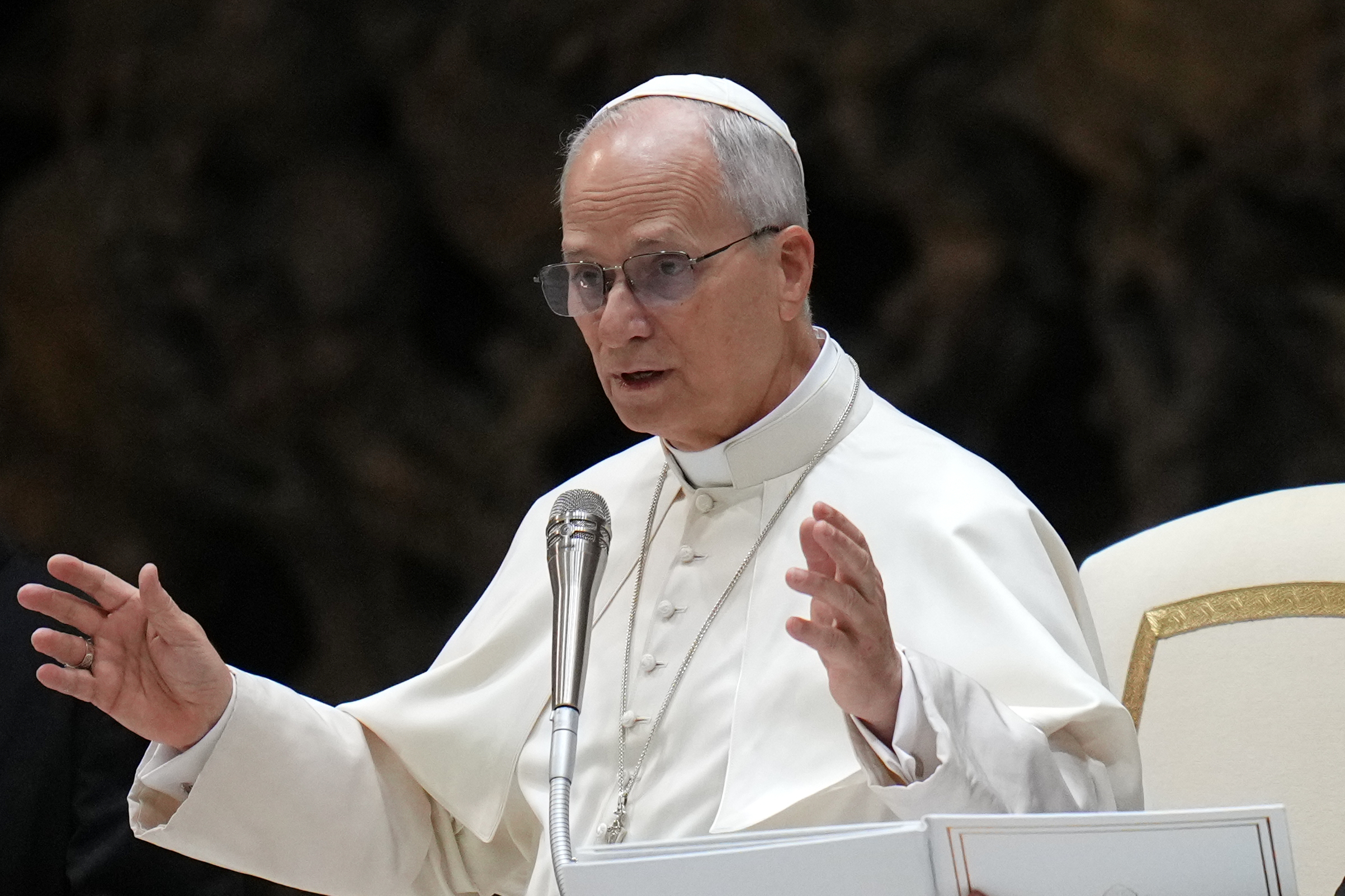Europe’s claim to global climate leadership is under strain. On Thursday, environment ministers from the European Union’s 27 member states will meet in Brussels, racing against a looming United Nations deadline to finalize a plan for slashing greenhouse gas emissions by 2035.
The EU — the world’s fourth-largest emitter after China, the United States, and India — has long styled itself as the standard-bearer for climate ambition. Yet deep divisions over the bloc’s green agenda have left Brussels scrambling to avoid embarrassment ahead of November’s COP30 summit in Belem, Brazil.
With member states unable to agree on a binding 2040 target, Denmark, which currently holds the EU’s rotating presidency, has floated a compromise: submit a “statement of intent” to the UN. The draft would pledge emissions cuts between 66.3 and 72.5 percent compared to 1990 levels, leaving the precise figure to be decided later.
“This approach would ensure that the EU does not go to the Climate Summit empty-handed,” a Danish presidency spokesperson said. For diplomats, the stopgap is a face-saving measure — enough to show good faith, if not decisive leadership. One weary negotiator even joked that reporters should “bring a sleeping bag” for the talks, anticipating hours of wrangling.
Read Also: Ukrainian Journalist Released After 3 Years In Captivity
The Paris Agreement requires all signatories to submit tougher 2035 targets, but only a handful met the original February deadline. An extension to September still allows enough time for review before COP30 opens on November 10. The EU had hoped to present its plan as a stepping stone toward a bolder 2040 goal.
Climate advocates warn that hesitation is eroding credibility. “It sort of saves the EU’s face at the international level,” said Elisa Giannelli of the E3G think tank. “But it is far from the leadership role Europe once claimed.”
The EU has cut emissions by 37 percent since 1990 and maintains its ambition of reaching carbon neutrality by 2050. Yet political realities have shifted: Russia’s war in Ukraine, conflict in the Middle East, and growing concerns over industrial competitiveness have pushed climate lower on the agenda. Right-wing gains in European elections have only deepened resistance.
For now, Europe’s climate diplomacy appears caught between past ambition and present caution.


